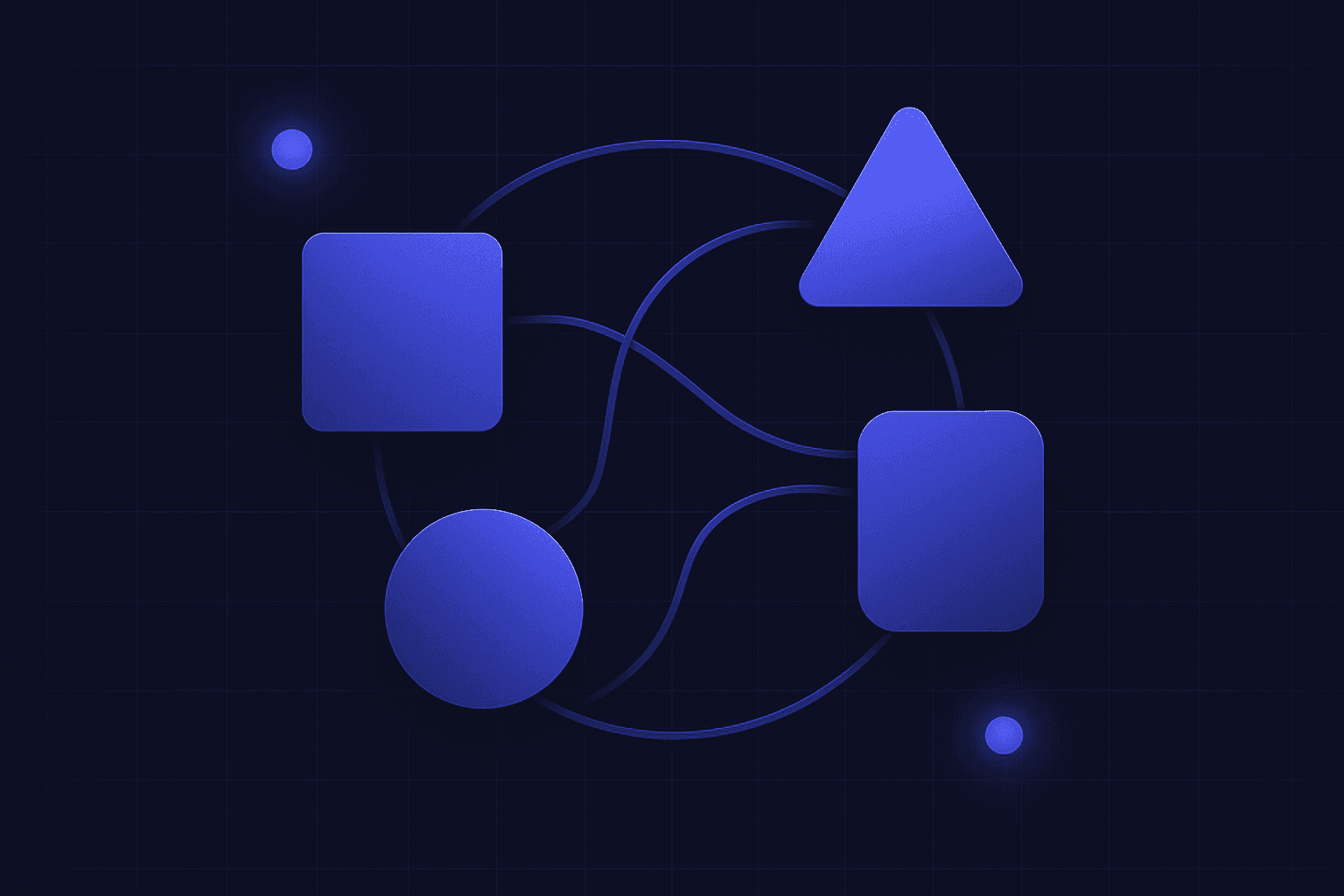Overview
You need a variety of soft skills in addition to technical skills to succeed in the technology sector. Soft skills are used by software professionals to collaborate with their peers effectively and profitably. Finding out more about soft skills and how they are used in the workplace will help you get ready for the job if you are interested in a career in software development. Soft skills determine a candidate’s fit for the team, even if the company will initially focus on their technical expertise and tool experience.
Soft skills are people skills that make it easier for people to collaborate with others. These consist of interpersonal skills, group collaboration, problem-solving, time management, flexibility, and emotional intelligence. All jobs require these abilities, but programming requires them more than any other job.
What are Soft Skills for Programmers?
Soft skills are the qualities that give professionals the ability to work well with others in their working environment, such as software developers. These competencies are just as crucial as technical skills like writing code and designing user interfaces. By enabling one to recognize the needs of team members and organize ideas for software development, soft skills complement technical skills.
These are challenging to assess and quantify, in contrast to technical skills like coding and testing. They largely center on your mindset and inherent skills. The ability to develop networks inside businesses and communities is, in my opinion, the most important benefit that soft skills can offer. Being approachable, likable, trustworthy, and reliable means that you are someone that other people love working with and want to learn more about. This creates openings for fresh possibilities.
Essential Soft Skills for Software Programmers
The most usual soft skills for software developers include the following:
- Communication
A key component of the software development process is communication. It is crucial for developers to keep stakeholders and engineers informed about the status of their projects since they may work together. The following are some common forms of communication used by developers:
- Software developers change their communication style to the individual during interpersonal communication, which entails one-on-one encounters. Use a technical language, for instance, when communicating with a colleague, and simpler phrases when chatting with a client.
- Active listening is necessary for software developers to comprehend workplace interactions accurately. This necessitates paying attention to what the speaker is saying and demonstrating your understanding by employing non-verbal cues like nodding.
- Speaking in public: Software developers may give presentations when preparing or creating a new product. Speaking clearly and utilising simple language are two crucial components of effective communication.
- Creativity and Problem-solving
For the development process, software developers must take into account new ideas. To make products that are appealing to users and meet the needs of the customer, they apply new techniques. In order to set the product apart from its rivals, creativity can also be used.
As software engineers troubleshoot their products to make sure they work properly, their ability to solve problems makes it simple for them to identify and fix technical issues. Software engineers typically evaluate their work and create practical prospective solutions. For instance, if a program does not function as intended, programmers can review the code to identify the cause of the issue and then run an application to speed up the software.
- Accountability, humility, and humbleness
You must acknowledge and take responsibility for your errors if you want to advance as a software developer. Accountability is all about taking responsibility. It’s in our tendency to strive to cover up our blunders and minimize the consequences that follow them.
Acknowledging mistakes and accepting responsibility are made more difficult by the organization’s inadequate management and leadership. Few people will raise their hands to admit making a mistake if mistakes are punished in a way that borders on bullying and mobbing. Hence, it takes two parties to create accountability, both you and your surroundings. However, keep in mind that accepting responsibility for every error you make will not help you succeed if you make a lot of them.
A trait of humility is a readiness to own one’s flaws and errors as well as an openness to ask for advice and criticism from others. Rather than getting defensive or shifting the responsibility to others, humble people are frequently able to learn from their errors and utilize them as opportunities for improvement.
- Empathy
Even though you may spend a lot of time creating code for computers, you are still engaging with others. Empathy is best defined in simple words as “walking in another person’s shoes.” It will be to your advantage to comprehend other individuals, their worldviews, and their mental and behavioral traits. You will be able to modify your conduct to better suit their demands and ensure that you are giving them consideration.
This is something that is frequently disregarded. Nonetheless, as it will help them perform their duties, the greatest engineers will make an effort to comprehend their clients or colleagues. Again, empathy will work in your favor since it will enable you to see the world through their eyes. You’ll become more approachable and reasonable as a result.
- Patience
Because the software development process can be lengthy and complex, these professionals must be patient. Patience can help developers stay productive and produce high-quality work. Patience also aids in the improvement of interpersonal relationships at work.
- Adaptability
The ability to adjust to shifting circumstances is referred to as adaptability. User requirements and technology are ever-evolving, demanding a reassessment of the development process. Professionals that are flexible can modify their performance criteria and methods to fit changing circumstances.
- Negotiation
Software engineers may bargain to match their goals with those of their stakeholders and clients after creating the design plan for an application. For instance, whereas organizational leaders may only have a limited amount of resources to finish the project, clients might have precise expectations. To make sure that their work pleases everyone concerned, software developers can bargain with senior management for a greater budget or with clients for less strict deadlines.
- Self-awareness
Although constructive criticism from peers is important, self-awareness enables software developers to assess their professional traits on their own. They can pinpoint their strengths and potential improvement areas. Self-awareness can also help them build their confidence, which will enable them to take more initiative at work and keep advancing their competence.
- Collaboration
Software engineers need to effectively collaborate with their coworkers when they are part of a cohesive team. Several experts are frequently needed for software design and testing, including a software engineer and a user interface (UI) designer. Software developers that value collaboration establish excellent working relationships with their bosses and fellow employees.
- Time management
Projects frequently have deadlines for different milestones. Software engineers need to manage their time well in order to achieve those deadlines. Creating a project plan for the full development process, where developers arrange days for task completion and review meetings for completing projects on time, can be a part of time management.
- Confidence
In the programming business, confidence is a soft ability that is highly regarded. It is a quality that implies confidence in one’s own skills, knowledge, and judgment as well as the capacity to vehemently express one’s thoughts and beliefs. Programmers who are confident can face issues head-on, make sound judgments, and influence people with authority and credibility.
How to develop soft skills
You may want to think about the following methods to improve your soft skills for a position as a software programmer:
- Decide which skills need to be developed
List the abilities you want to acquire after taking into account how well you do at work. For instance, you might find that you need more practise speaking in front of groups or that you’d like to learn how to approach the development process in a more original way. You may focus your efforts in the proper way by being aware of the skills you wish to develop.
- Practise soft skills
Developing your soft skills frequently calls for consistent practice. Find opportunities to practice your skills. For instance, if you want to develop your problem-solving abilities, take on a challenging assignment and evaluate your conflict-resolution skills. You might start by writing down your daily skills in a planner and keeping track of how much time you spend on each skill if you want to improve your time management abilities.
- Participate in workshops and training sessions
The development of soft skills in programmers can be greatly facilitated by participating in seminars and training sessions. Programs on various soft skills, including effective communication, teamwork, problem-solving, flexibility, and emotional intelligence are offered by numerous organizations and training providers. The knowledge and abilities that participants will gain from participating in these programs will enable them to build and improve their soft skills.
- Read books and articles
Another efficient method for programmers to build their soft skills is to read books and articles. Programmers can learn at their own pace and on their own time by reading books and articles. This can be especially helpful for programmers with hectic schedules or who like to learn on their own. Numerous books and articles are authored by subject matter specialists who can offer thoughtful analysis and suggestions on strengthening soft skills. Programmers can access this knowledge and learn from the finest in the business by reading their work.
- Request opinions from the others
You can determine true development by getting a mentor or coworker to give you an honest evaluation of your soft skills. You are able to ask a coworker to assess your performance at work. Coworkers frequently have helpful criticism and recommendations for how to advance.
Conclusion
Important takeaways for programmers from this article on soft skills include:
- Soft skills are crucial for success in programming because they enable programmers to collaborate with others, communicate clearly, and successfully manage their time.
- Effective communication, teamwork, problem-solving, adaptability, and emotional intelligence are some crucial soft skills for programmers.
- It takes time and effort to develop soft skills, but programming success demands it.
- Programmers should practice, ask for feedback, participate in workshops and training sessions, read books and articles, and locate a mentor in order to build soft skills.
- Programmers can increase their capacity for complex problem-solving, teamwork, and technological and linguistic flexibility by improving their soft skills.

